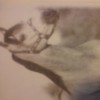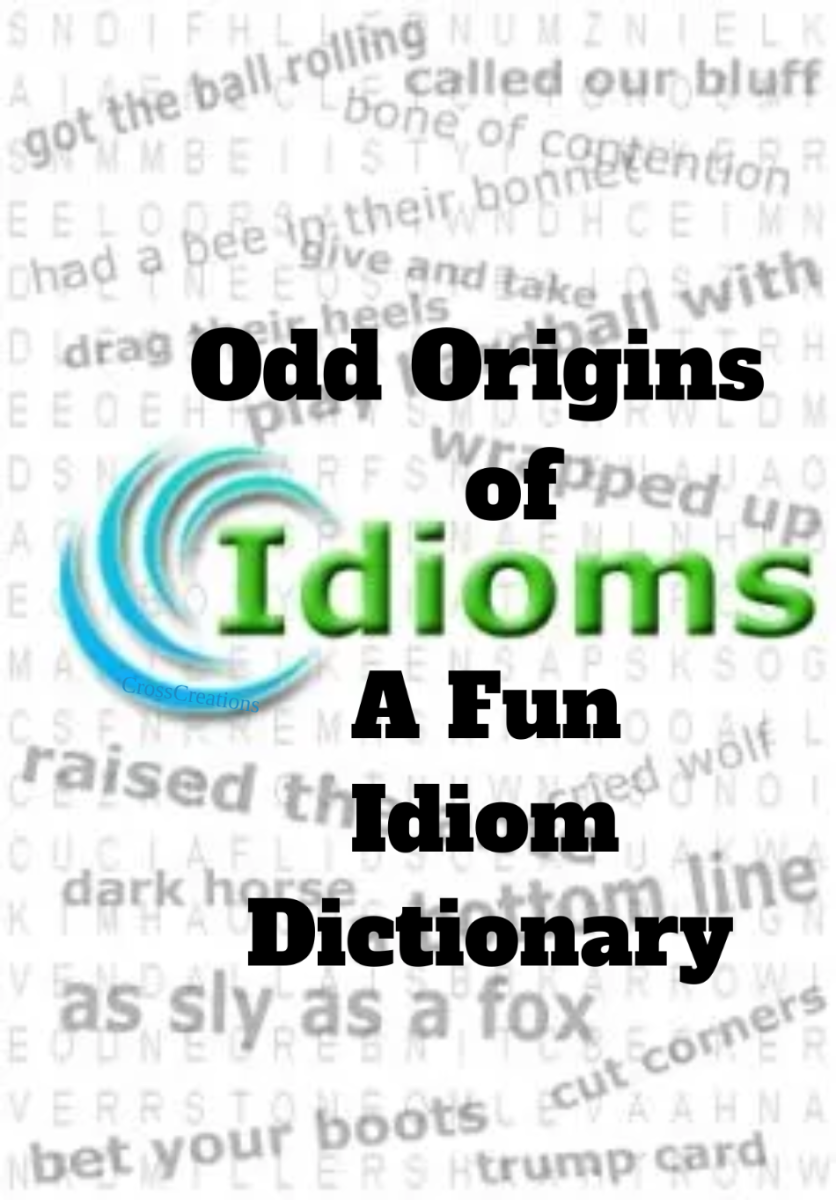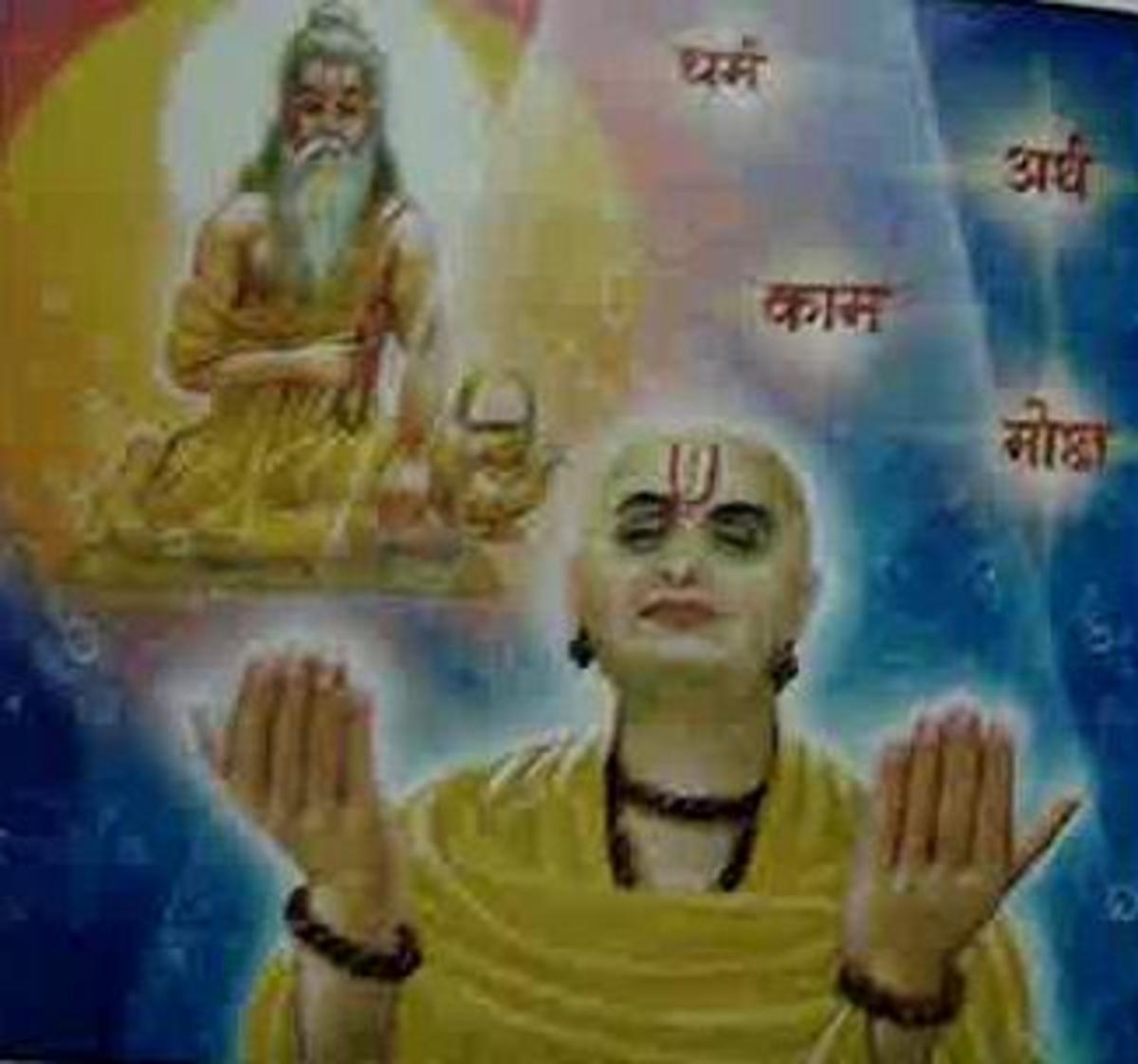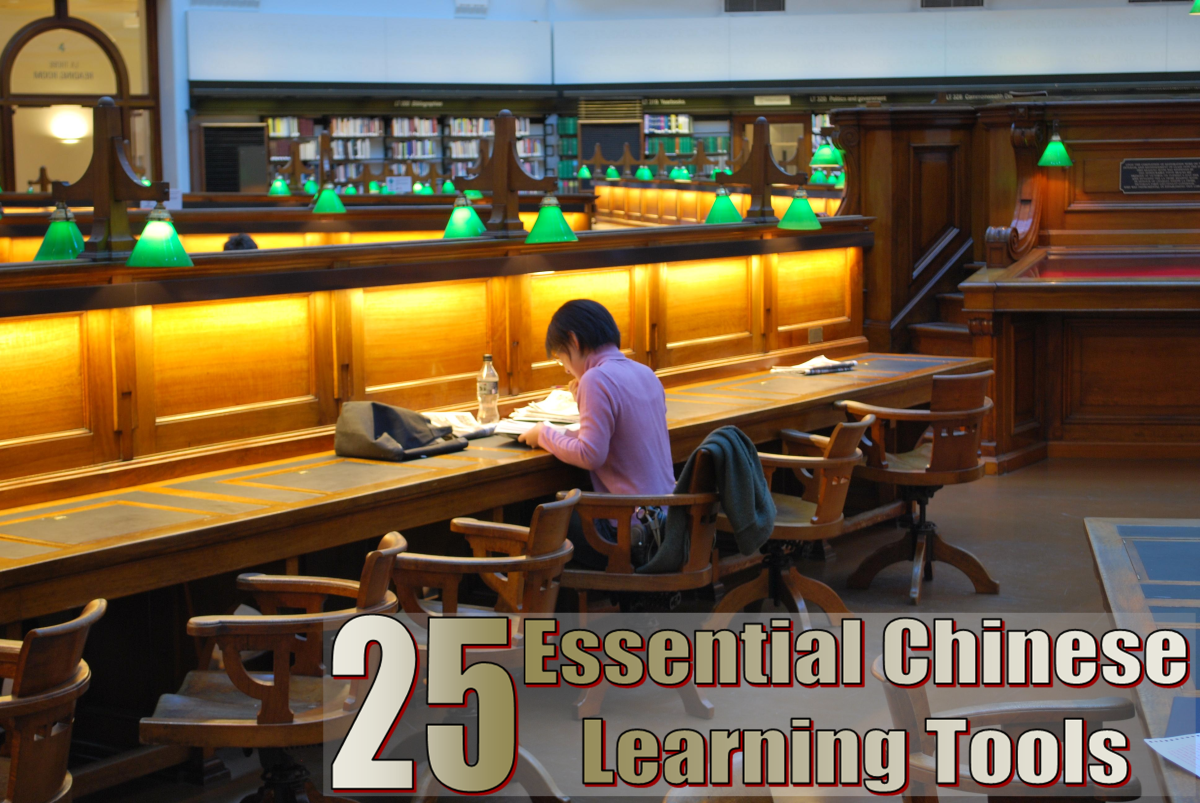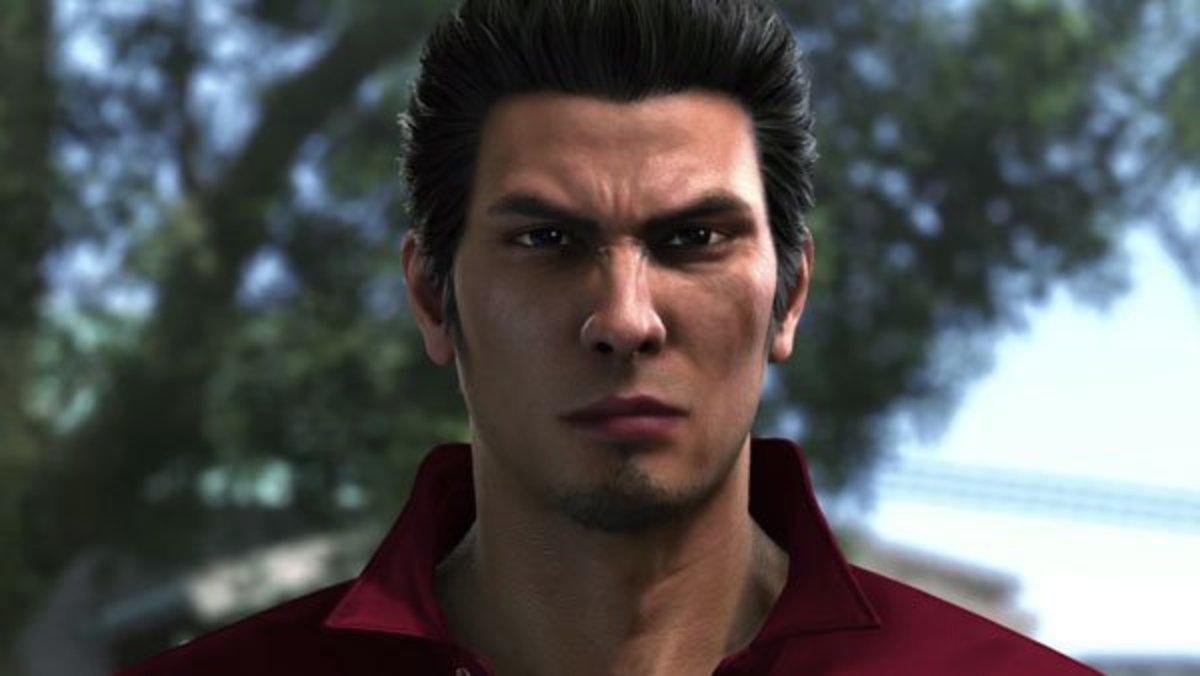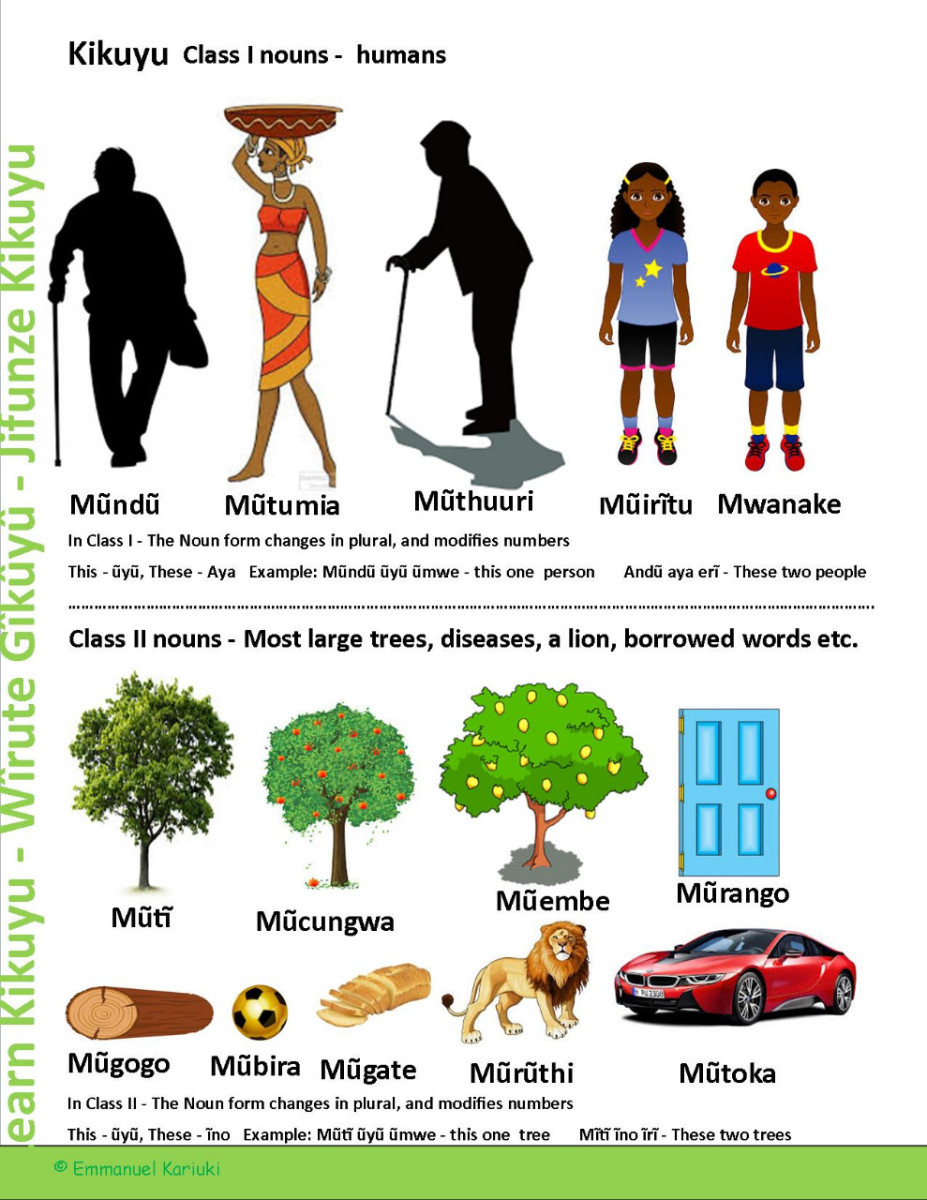Chinese idioms - Suyu and Chengyu - explained, Chengyu are a cultural phenomena particular to Chinese
Giving the Dragon Eyes
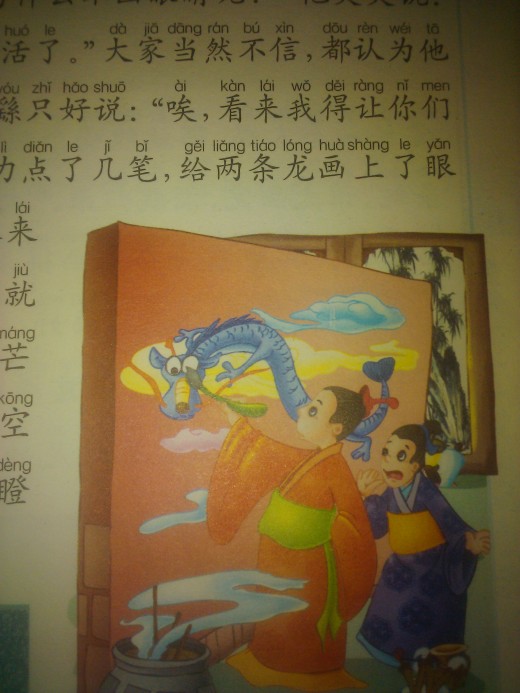
Background on Chinese Idioms
Idioms are set phrases that we use to make our descriptions of things more vivid. All languages have idioms. They often bedevil foreign speakers, because you have to use the exact words in the exact right order, and the logic that was used to form them is often obscure. Chinese idioms take this a step further by drawing some idioms from phrases so ancient that the words that make them up no longer have the meaning they did when the phrase was coined. Well, they still have that meaning, but just not in modern spoken Chinese.
Chinese has a couple terms for idioms suyu(俗语) and chengyu(成语). Looking at the meaning of the individual characters in these words will start to explain what they are referring to. Yu(语) is a word for language. It is often used in names of foreign languages, linguistics, and so on. In this context, you could think of su(俗) as "folk". Thinking of suyu as folk-language would be a good start to understanding what these kinds of phrases are. They are very similar to English idioms. You may need a cultural context to understand them. For example, what does "hit a home run" mean, if you know nothing about baseball, but given the correct cultural context, you could guess the meaning from the words they are composed from. They also have a bit of a homey-casual feel.
The character cheng(成) has a meaning something like, "to complete the formation of something". Perhaps, thinking of chengyu as formed-language will go a little bit toward explaining what chengyu are. They all have a story to explain their meaning, and many were coined when spoken Chinese was very different, but they are cultural treasures that are still used today. Most chengyu are four syllables/characters. Some have found their way into daily speech, but most are used in formal communication, sometimes to show off, a bit.
Here are some examples:
乱七八糟 - luan qi ba zao - chaotic 7 8 spoiled - A very common chengyu used to describe a messed up situation, or if you had unwanted pornographic popups show up on your screen, you might use it to politely explain what was displaying on your screen.
闭门造车 - bi men zao che - close door build cart - A chengyu that describes proceeding with ones plans without considering the opinions of others. Your coworkers would be unhappy to have you describe their work this way.
守株待兔 - shou zhu dai tu - guard stump wait rabbit - A chengyu that describes relying on good luck rather than hard work.
三天两头 - san tian liang tou - three days two occurrences - A suyu used to describe something that happens frequently, perhaps, the frequency of a couple fighting.
耍流氓 - shua liu mang - play villain - A suyu used to describe delinquent behavior, or a boy taking advantage of a girl without himself having any serious romantic intent.
三天打鱼两天晒网 - san tian da yu liang tian shai wang - three days fish, two days sun net - A suyu used to describe someone who is not working at something hard enough to succeed. I imagine that a fisherman would have to fish every day to make a living.
An Example Chengyu Story
I mentioned that chengyu all have a story to explain them. There are variations, but the basic facts are standardized for each chengyu story. I will give an example that illustrates the potential obscurity of the constituent characters of a chengyu.
不知所云 - bu zhi suo yun - not know what say - A phrase for not knowing what to say, because a situation is beyond comprehension, or it is an awkward topic.
In the three kingdoms period (184-263 A.D.), after the king of Shu, Liubei died, his advisor Zhugeliang became the regent for Liubei's son, Liuchan. Liuchan was only 17, had had a soft life and didn't have any particular ability.
Zhugeliang figured that after many years of continuous warfare, Shu was in a weakened state and need to be restored. So, he promulgated some reforms until the the army had regained its strength, and he decided to lead the army to attack the kingdom of Wei, but he was worried about leaving Liuchan. Before he left he wrote a famous letter. In that letter he said, "今当远离,临表涕泣,不知所云“ (I am leaving, and don't know what to say without weeping.) Liuchan was so moved that he accompanied the army north.
Notes:
Notice that the last phrase of the quote from Zhugeliang is the chengyu.
In modern contexts, the last character, 云, would mean, "a cloud", but its classical meaning is, "to say".
Many chengyu are derived from famous quotes, like this.
An Easier to Relate to Chengyu Story
画龙点眼 - hua long dian yan - draw dragon add eyes - An expression for describing something so vividly that it comes to life.
Zhangsengyou was a famous painter from the Liang Dynasty (502-557A.D.). He was especially good at drawing dragons. Once in the Peaceful Happiness Temple in Nan Jing, he drew four dragons on the wall, but he didn't draw eyes on the dragons. When people asked him about this, he said they would come to life, if he drew eyes on them. Of course, they didn't believe him. So, he drew eyes on two. Those two indeed came to life and flew away. You can see the proof of this, because there are only two dragons on the wall, now.
